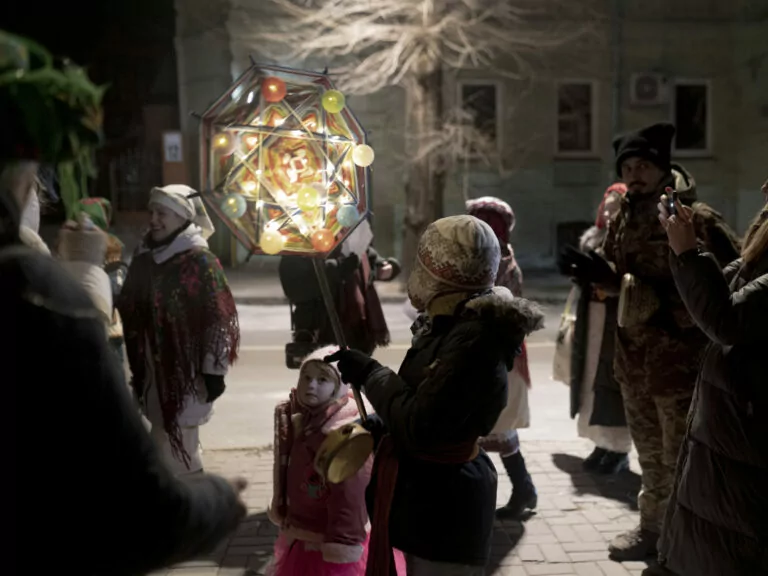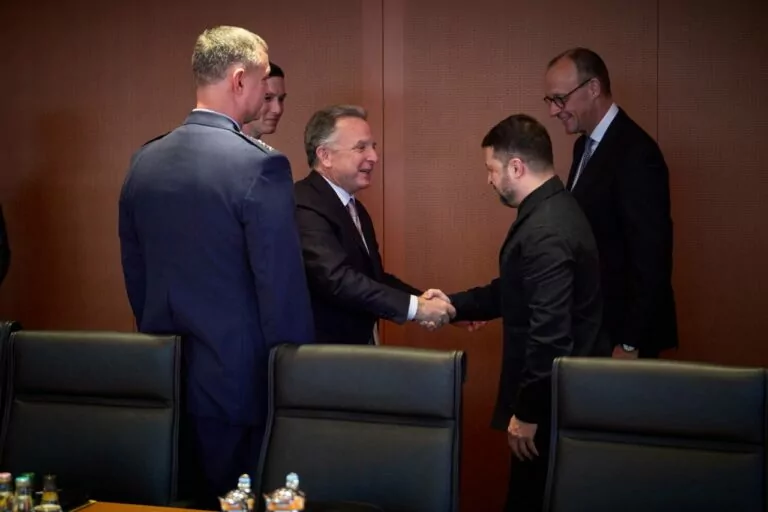UKRAINE, KHARKIV July 30 — Kharkiv mayor Ihor Terekhov said on Ukrainian TV that 141 energy generation facilities will be installed in Kharkiv for the heating season, including generation and cogeneration units, and block and modular boilers.
In the spring of 2024, the Russian army attacked Ukrainian energy facilities with missiles and drone strikes. On May 8, the Prime Minister reported that they had destroyed or damaged 800 heating facilities in the country.
In particular, the March attacks destroyed the power and heating infrastructure supplying Kharkiv and its region. Currently, local power plants are unable to generate enough electricity to cover all consumer needs, so Kharkiv supplies it from other regions.
Terekhov noted that the day before, there was a meeting with President of Ukraine Volodymyr Zelenskyy on preparing Kharkiv for the heating season. Participants discussed the city’s experience in decentralizing heat, water, and energy supply systems.
“Today, our municipal companies are working on this [installing energy generation facilities] almost around the clock. We have held procurement procedures and are waiting for the equipment, as manufacturing takes some time. Meanwhile, we are building the foundations and connecting the networks,” said Ihor Terekhov.
According to him, Kharkiv will continue to work on decentralizing supply systems next year.
The UN High Commissioner for Refugees Filippo Grandi announced a new financial contribution of $100 million to help prepare for the winter season for displaced and war-affected people in Ukraine.
To prevent further displacement and ensure people remain safe and warm in their homes, UNHCR has launched a comprehensive winter response plan as a part of a broader UN appeal to provide people with cash, help them repair homes or insulate them before the winter season, and pay energy bills.
Read more
- On July 14, Gaël Veyssière, French Ambassador to Ukraine, arrived in Kharkiv. During a meeting with journalists, he said that France had handed over 13 generators to Kharkiv to keep the city’s heating networks operating during blackouts.




